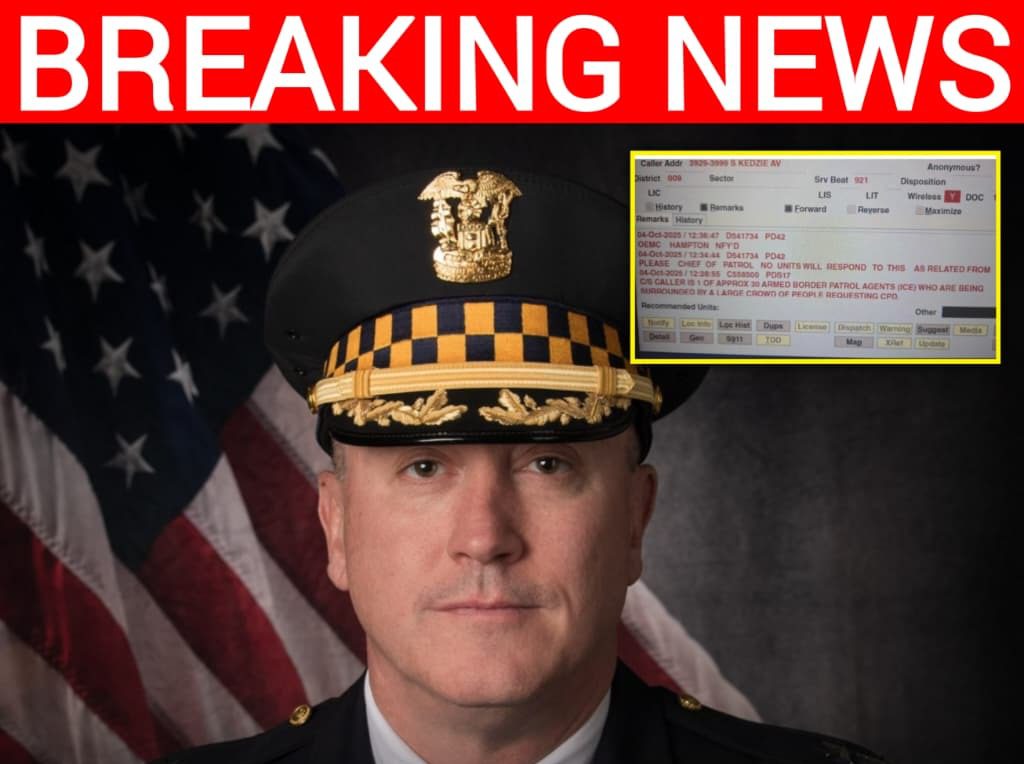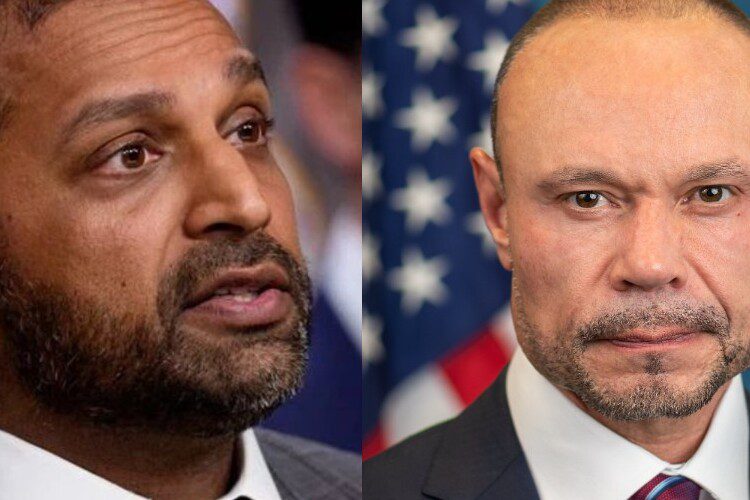Dispatch logs reveal Chicago police were told to stand down as federal agents were boxed in by anti-ICE protesters — shock and anger spread
I woke up this morning to headlines that felt like something out of a thriller. A police dispatch log, obtained and reported by Fox News, shows that Chicago’s Patrol Chief Jon P. Hein directed officers not to respond to federal agents who were surrounded by a crowd after a vehicle-ramming incident. The message read: “PLEASE CHIEF OF PATROL NO UNITS WILL RESPOND … CALLER IS … ICE … BEING SURROUNDED … REQUESTING CPD.” The anger online was immediate. For many, this felt like betrayal. If officers are told to stand down when federal agents send for help, what does that say about priorities? Social media lit up with demands for Hein’s resignation. The criticism is brutal, and in many corners, justified.
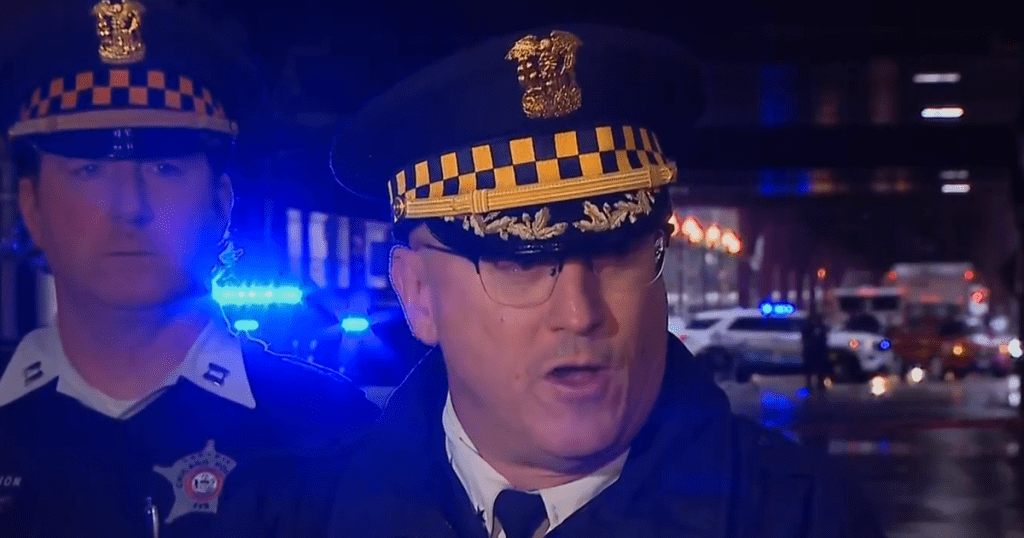
The incident unfolded in the Brighton Park area of Chicago. According to federal prosecutors, two Chicago residents — Marimar Martinez and Anthony Ian Santos Ruiz — have been charged with ramming a U.S. Border Patrol vehicle during the confrontation. Federal authorities say agents were boxed in by ten vehicles. When agents exited their vehicle, they fired roughly five shots, wounding Martinez, who was later hospitalized. None of the federal agents were reported seriously injured.
The dispatch log tells a chilling story. ICE agents called for assistance, claiming to be under siege, but the Patrol Chief instructed Chicago law enforcement to stand down. In the hours after, protests surged, flags appeared, and much of the city watched in disbelief. Many felt that the city — acting as a “sanctuary” jurisdiction — had again drawn lines between local authority and federal enforcement. Chicago’s policies already forbid officers from supporting ICE efforts in many cases.
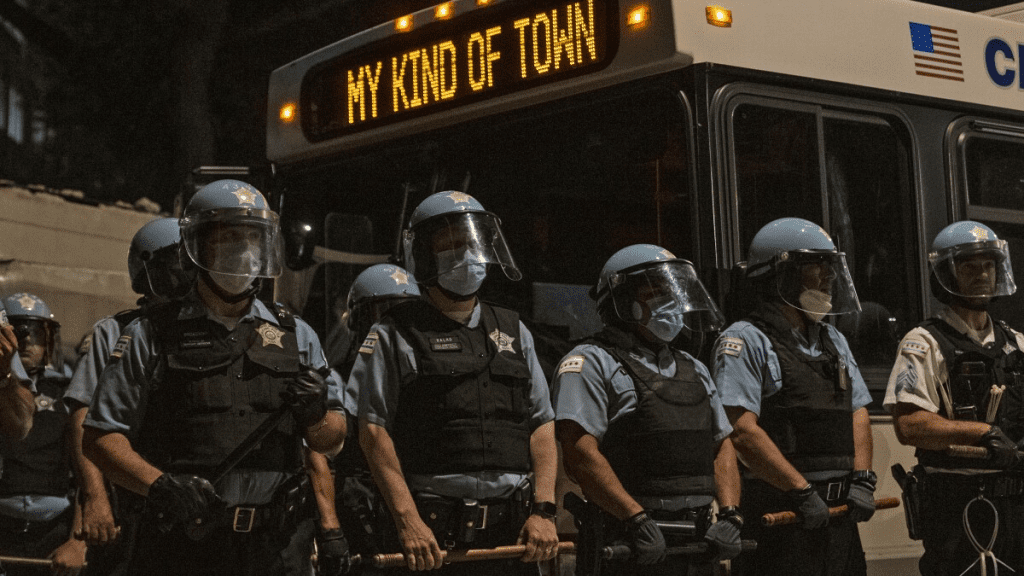
Mayor Brandon Johnson had earlier signed an executive order barring city departments, including the police, from collaborating with federal agents for immigration enforcement. That move was seen by many as a standoff in the face of federal pressure. When the federal crackdown, called Operation Midway Blitz, began earlier in September, tensions were already high.
But being principled in policy and standing down in a firefight are not the same thing. Many voices now ask: when federal agents are under threat, does local politics override a duty to protect? For some defenders, Hein’s order was consistent with the city’s legal posture. For critics, it looked like cowardice or politics over responsibility.
I imagine the agents calling for help, surrounded by chaos, expecting support from local partners. Instead, radios went silent. That image makes my stomach twist. Citizens watching must’ve felt the ground shift under their feet.
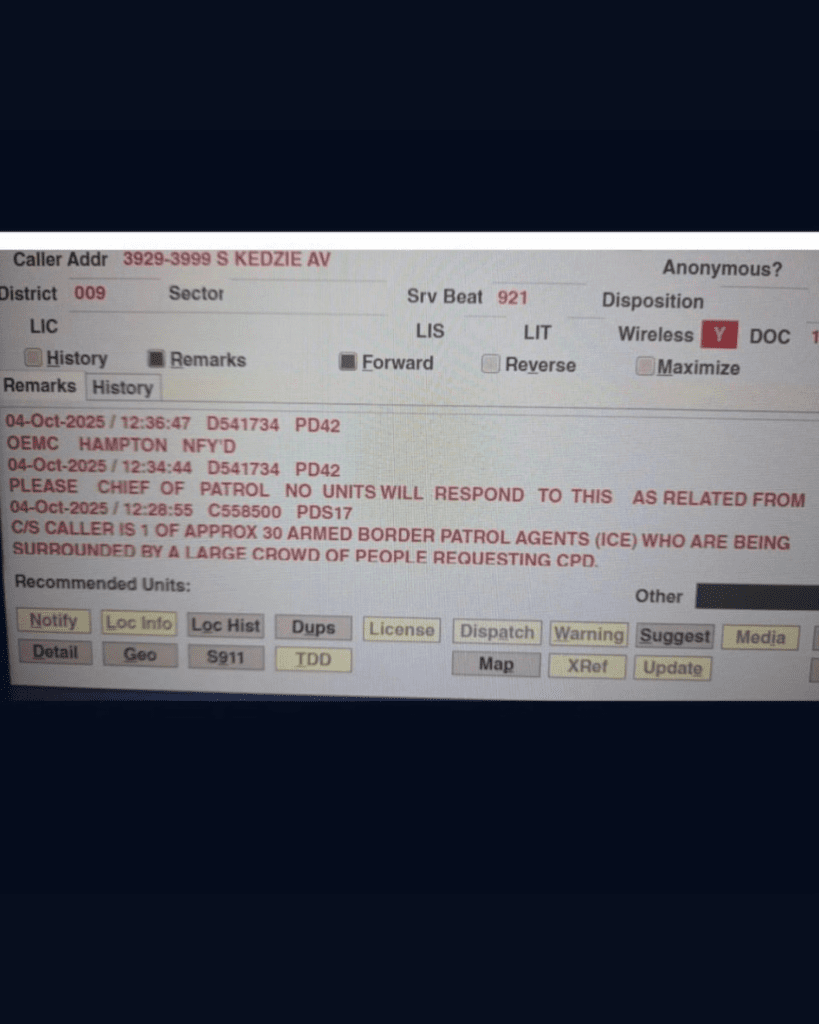
What happens next matters. Calls for Hein’s resignation are mounting. Some demand federal oversight. Others want new protocols to ensure cooperation — or at least clarity — when lives are at risk. The city faces an acute crisis of trust, both internally and outward.
I don’t pretend to know all the legal complexities. The tension between sanctuary policies, federal mandates, and public safety is a maze. But this moment will be remembered.
Chicago stands at a crossroads. Will it stand behind its policies — even amid conflict — or will the strain of enforcement, safety, and politics force a reckoning? As the dust settles, people will demand accountability, clarity, and action.
